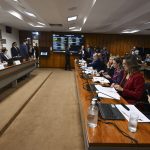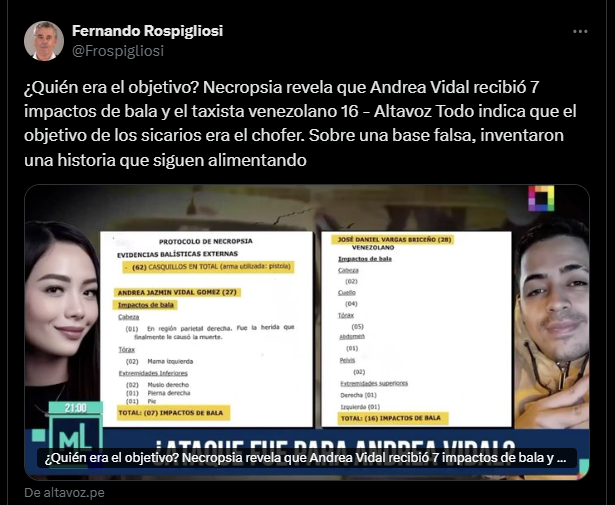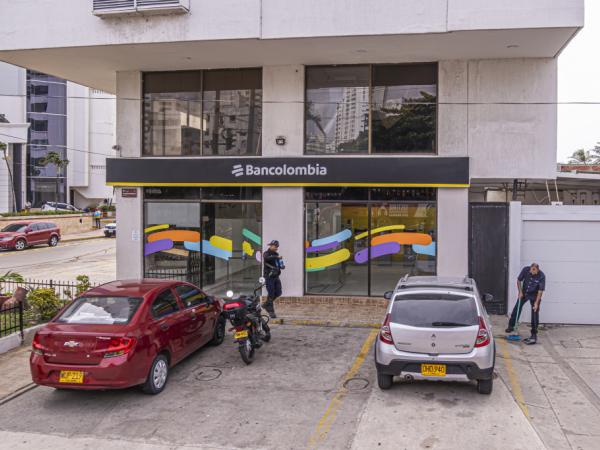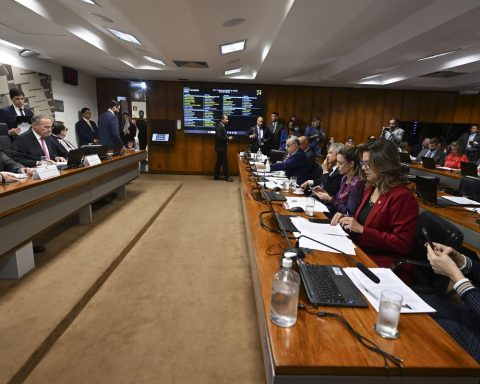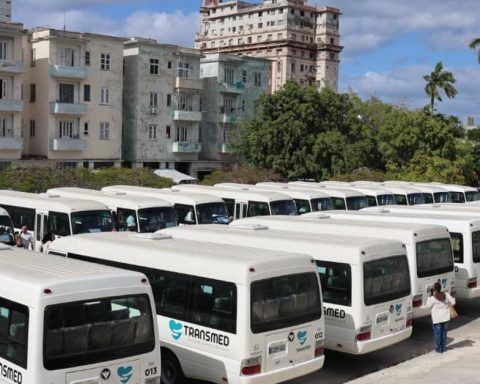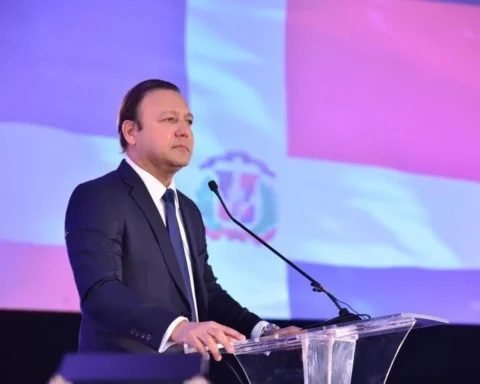l
The economy grows, Unemployment is the lowest in history, inflation is under control, despite having closed 2024 above the established goal (4.83 percent versus 4.5 percent).
For 2025, the established goal was 3 percent, with a maximum admitted of 4.5 percent, the same ceiling as last year.
Agriculture, except for the tremendous climatic fluctuations, remains firm, the industry operates very close to its maximum capacity. However, the most recent polls indicate that Lula da Silva reaches the second half of his third presidential term with an approval rating of 46.1 percent compared to 50.4 percent disapproval.
The reason? According to a good number of analysts and observers, due to the government’s difficulty in communicating, mainly on social networks, the positive numbers achieved.
Relations between the government and the worst Congress in the last 40 years will continue to be tense, but not as much as until now. The change in the presidency of the Chamber of Deputies indicates this.
There will be, in the coming weeks, a drastic ministerial reform, with the aim of strengthening alliances in Congress and advancing projects that are on the Chamber’s freezer.
That is to say, Lula will continue to be hostage to the deputies who are rented, but now with less hunger and, at the same time, hostage to one of the government’s most obvious failures: communication.
Both cases will continue to be one of the great concerns and one of the problems that will require the most attention from now on.
At the beginning of January, Lula changed the Minister of Communication, deputy Paulo Pimenta, for Sidonio Palmeira, the publicist responsible for the electoral campaign that resulted in his victory against the unbalanced far-right Jair Bolsonaro.
Another ghost haunts Brasilia: what will relations be like with Donald Trump’s government, which opens tomorrow?
Lula tells close interlocutors that he expects a correct relationship
between Brazil and the richest and most powerful country on the planet.
Last week, Senator Marco Rubio, son of Cubans who left Cuba before the victory of Fidel Castro and the deposition of Fulgencio Batista, and who will be the new Secretary of State of the North American nation, a position that corresponds to that of our ministers of Foreign Relations, spoke for five hours in the Senate, questioned by the members of the House.
It became clear that the Trump administration’s main target will be China. Rubio spoke little about Latin America, except to mention, with very heavy criticism, Cuba, Venezuela, Nicaragua and Ecuador, while he showered tons of praise on the Argentine far-right Javier Milei. Brazil was not even mentioned.
For several analysts and diplomats who leaked comments to the media, in a way this silence from Marco Rubio has been good. Faced with the prospect of an even more concrete isolation of Venezuela, the expulsion of thousands and thousands of Latin American immigrants who have lived, some for decades, in the United States, and also the threat of resuming control of the Panama Canal, with the unpredictable but certainly disastrous consequences, a confusing and tense relationship between the two largest countries on the continent would be especially worrying, and without anyone so far having dared to describe the end.
In relation to what sources directly linked to Lula called a correct relationship
repeating what they heard from the Brazilian president, what was understood is that his government is on hold and will not adopt any measure or launch any statement until it effectively understands what Trump intends in relation to Latin America. At the end of the day, all prudence, say the same sources close to Lula, is necessary, it is enough to remember the immense volume of commercial and economic interests in the bilateral relationship.
Well, starting tomorrow we will know exactly what Donald Trump will try to implement. There is no choice but to wait.





